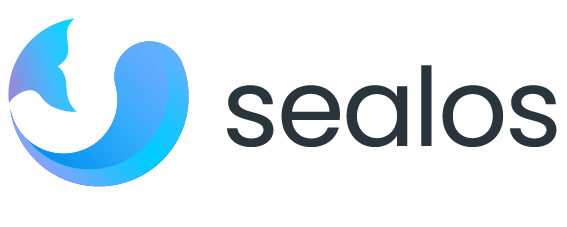sealos-website.mp4
Sealos['siːləs] is a cloud operating system distribution based on the Kubernetes kernel. Using the cloud like using a personal computer, reducing the cost of the cloud to 1/10 of the original.

- Easily Deploy Nginx in 30 Seconds on Sealos
- Start a mysql/pgsql/mongo highly available database in 30 seconds on Sealos
- Running WordPress on Sealos
- Running the Uptime Kuma dial test system on Sealos
- Running a low-code platform on Sealos
🔍 Some Screen Shots of Sealos:
- Install Sealos cloud: Self hosting
- Install Kubernetes and kubernetes lifecycle managemant: One command install kubernetes HA cluster
- 🚀 Application Management: Easy management and quick release of publicly accessible distributed applications in the templates marketplace.
- 🗄️ Database Management: Create high-availability databases in seconds, offering support for MySQL, PostgreSQL, MongoDB, and Redis.
- 🌥️ Cloud Universality: Equally effective in both public and private cloud, enabling a seamless transition of traditional applications to the cloud.
- 💰 Efficient & Economical: Pay solely for the containers you utilize; automatic scaling prevents resource squandering and substantially reduces costs.
- 🌐 High Universality & Ease of Use: Concentrate on your core business activities without worrying about system complexities; negligible learning costs involved.
- 🛡️ Agility & Security: The distinctive multi-tenancy sharing model ensures both effective resource segmentation and collaboration, all under a secure framework.
- 🌐 Visit the Sealos website for full documentation and useful links.
- 💬 Join our Discord server is to chat with Sealos developers and other Sealos users. This is a good place to learn about Sealos and Kubernetes, ask questions, and share your experiences.
- 🐦 Tweet at @sealosio on Twitter and follow us.
- 🐞 Create GitHub Issues for bug reports and feature requests.
Sealos maintains a public roadmap. It gives a high-level view of the main priorities for the project, the maturity of different features and projects, and how to influence the project direction.
Have a look through existing Issues and Pull Requests that you could help with. If you'd like to request a feature or report a bug, please create a GitHub Issue using one of the templates provided.








